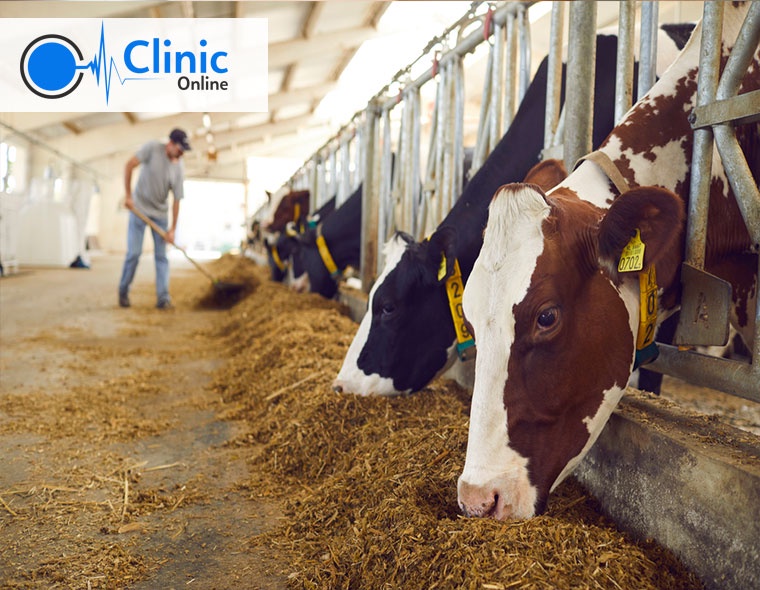Livestock nutrition is an essential factor that affects animal growth, productivity, and health. As the demand for meat, dairy, and eggs increases, farmers continuously search for ways to optimize animal nutrition to meet these demands. One potential solution is using genetically modified crops, which have been altered to improve crop yield and resistance to pests and diseases. However, using genetically modified crops in livestock nutrition has both advantages and disadvantages, which the Clinic Online website discusses.
What are Genetically Modified Crops?
Genetically modified crops are plants that have been genetically engineered to have specific desirable traits. The genetic modification process involves the introduction of foreign genes into the plant's DNA, allowing it to express new traits such as resistance to pests, herbicides, and environmental stresses. Genetically modified crops are commonly used in animal feed, especially for livestock, as they provide a cheap and reliable source of nutrients.
Advantages of Using Genetically Modified Crops in Livestock Nutrition:
- Increased Crop Yield: Genetically modified crops have been modified to produce higher yields, which means that farmers can grow more crops and have a steady feed supply for their livestock.
- Resistance to Pests and Diseases: Because genetically modified crops are disease and insect-resistant, fewer pesticides and other chemicals are required. This not only reduces the production cost but also helps minimize the risk of diseases and infections in livestock.
- Improved Nutrient Quality: Genetically modified crops can be designed to have a higher nutrient content, such as increased protein levels. This can help to improve livestock nutrition and promote healthy growth.
- Lower Cost: Genetically modified crops are generally cheaper to produce, making them a more affordable option for farmers. This means that they can provide more feed for their livestock at a lower cost, which can increase profitability.
Disadvantages of Using Genetically Modified Crops in Livestock Nutrition:
- Potential Health Risks: There is some concern that genetically modified crops may negatively affect the livestock. Some studies have suggested that genetically modified crops can cause organ damage, digestive problems, and other animal health issues.
- Environmental Concerns: Using genetically modified crops in livestock nutrition has raised concerns about the environmental impact. There is a risk that genetically modified crops may contaminate non-genetically modified crops, which could negatively affect biodiversity and the environment.
- Ethical Concerns: Ethical concerns surround the use of genetically modified crops in livestock nutrition. Some people believe it is wrong to modify the DNA of animals or plants and that it could have unforeseen consequences.
Conclusion
In conclusion, using genetically modified crops in livestock nutrition has both advantages and disadvantages. While they can provide a cheap and reliable feed source, there are concerns about potential health risks, environmental impact, and ethical considerations. As with any agricultural practice, farmers need to weigh the benefits and risks and make informed decisions that prioritize animal health and welfare while also considering sustainability and profitability.


Comments (1)